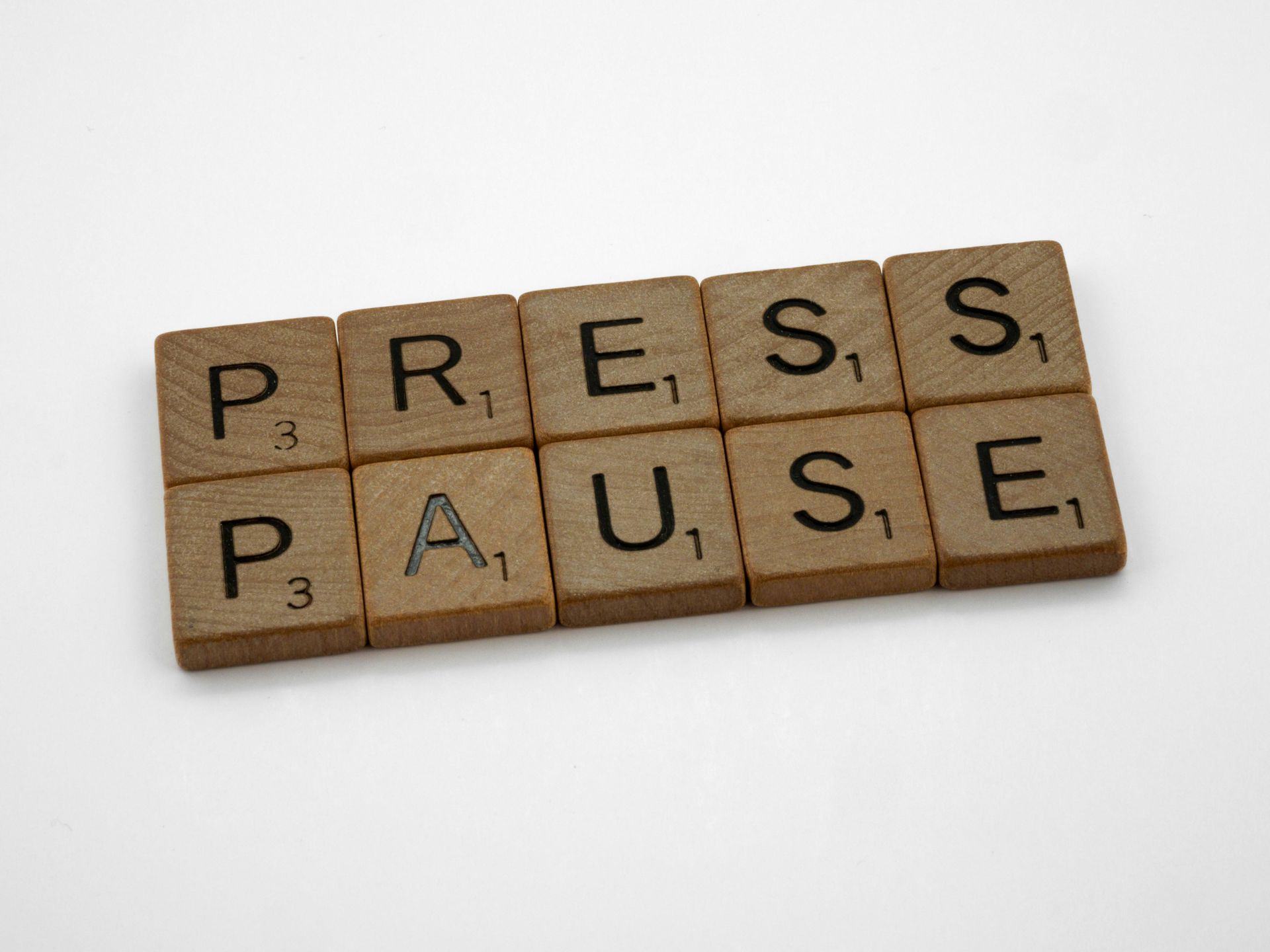NC Heirs Property: How It Is Created, Saved, And Destroyed

Heirs Property is a common term for property that is inherited from a deceased family member. However, the term eludes to property that is given or owned by more than one person. Under Heirs Property, numerous siblings, even cousins can own a piece of land and whatever is attached to it. Usually, it is created by either a family member willing the property equally to the descendants, or where someone dies without a will. (See intestacy article here ).
When numerous people own a single property, some things are confused.
- Every owner of land has some rights to the land, such as the right to possess the property. Meaning, an owner can use or live in any part of a property. Even if an owner only owns 50% or 25% or 5%, he or she can use 100% of the property. This matter becomes confusing when co-owners of the heir property want to live in the property. If only one house is on the land and more than one owner wants to live in the house, everyone has the right to live there and none of the owners can prevent another. A locked door must be unlocked, which may lead to confrontation.
- One co-owner cannot charge rent of the heirs property against another co-owner. Charging rent to an owner is not proper, it is like a husband and wife buy a house, but then they have to pay each other rent to stay in their marital home.
- Just like other ownerships of land, an owner of heirs property can sell his or her interest without another’s permission. If a family member wants to be bought out of their interest in the property, they usually go to other co-owners. A brother who owns 25%, would likely be happy to own a sibling’s 25%, which would make him an owner of 50% of the heirs property. Again, this situation may become confrontational because other owners may not have the money to buy out a co-owner and are against a 3rd (non-family) party owning a part of the heirs property.
- Who pays the taxes? All co-owners, in a fair world, would pay their taxes without any issues. However, when some co-owners do not pay their taxes, other co-owners are forced to pay the other’s portion of taxes. Failure to pay 100% taxes will lead to a tax lien being placed on the property, which then could allow the government to sell the heirs property to receive the past taxes. Here, co-owners can sue one another for the amount of unpaid taxes, but this runs the risk of creating bad blood among co-owners.
- Who gets the profit (e.g. rent)? Even if one co-owner is managing the heirs property and collecting rent, the rent must be split among all co-owners according to their percentage of interest in the heirs property.
In light of the above, heirs property can be saved or destroyed.
A land trust is a way to save property from the confusions stated above. A trust is an agreement between co-owners, where all owners of the heirs property give their interest to the trust and rely on the trust to make decisions for them. This arrangement would place the trust on the deed as being the sole owner, which removes the confusion associated with having more than one owner of a given property. A trust usually has one or two “trustees” who’s duty is to work for the benefit of the co-owners, to pay taxes, and to maintain the property.
Heirs property can be destroyed by the court where co-owners can turn to the court for a Partition action that would either divide the physical property (partition in kind) among the co-owners, or that would result to selling the property where a fair division of property cannot be realized (partition in sale).
If you have any questions or concerns about creating a land trust or assistance in heirs property matters, you should speak with a local attorney. Our Law Firm only assists with estate matters in Onslow County and Carteret County, NC.
More information can be located on our Estate Planning, Probate, and Trust Page: https://www.fickeymartinezlaw.com/estates
Disclaimer: This Blog is made available by the lawyer or law firm publisher for educational purposes only as well as to give you general information and a general understanding of the law, not to provide specific legal advice. By using this blog site you understand that there is no attorney-client relationship between you and the Blog/Web Site publisher. The Blog should not be used as a substitute for competent legal advice from a licensed professional attorney in your state.
The post NC Heirs Property: How It Is Created, Saved, And Destroyed appeared first on Fickey Martinez Law Firm.












